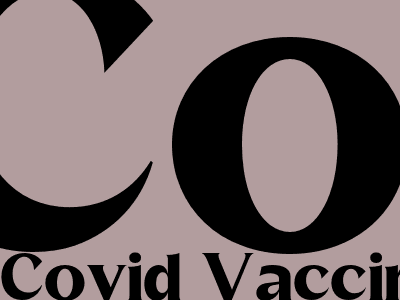Covid Vaccine Hesitancy: A Deep Dive
Understanding the Reasons Behind Vaccine Hesitancy
Covid vaccine hesitancy remains a significant hurdle in the fight against the pandemic. Understanding the reasons behind this hesitancy is crucial for developing effective strategies to address it. According to a study published in the journal Vaccine, the primary reasons cited by individuals hesitant to receive the vaccine include concerns about safety and efficacy, a lack of trust in medical authorities, and misinformation.
Safety Concerns: Many individuals are concerned about the potential side effects and long-term safety of the Covid vaccines. Misinformation and unsubstantiated claims have fueled these fears, despite extensive clinical trials and research demonstrating the safety and effectiveness of the vaccines.
Efficacy Concerns: Some individuals are skeptical about the effectiveness of the vaccines in preventing Covid infection or serious illness. This skepticism is often rooted in a misunderstanding of how vaccines work and the ongoing evolution of the virus. Vaccines reduce the risk of severe illness, hospitalization, and death, even against new variants.
Lack of Trust in Medical Authorities: Mistrust in medical authorities and government entities has contributed to vaccine hesitancy. Previous negative experiences, misinformation, and conspiracy theories have eroded trust in the medical establishment, leading some individuals to question the motives behind the vaccination campaign.
Misinformation and Disinformation: The spread of false information and conspiracy theories about Covid vaccines has played a significant role in fostering vaccine hesitancy. Social media and anti-vaccine groups have disseminated inaccurate and misleading claims, which have influenced public perception and fueled doubts about the vaccines.
Addressing Covid Vaccine Hesitancy
Addressing Covid vaccine hesitancy requires a multifaceted approach involving education, communication, and addressing underlying concerns. Healthcare providers, public health officials, and community leaders play a vital role in dispelling misinformation, providing accurate information, and building trust.
Education and Information: Providing clear, evidence-based information about the safety and efficacy of Covid vaccines is crucial. Public health campaigns should focus on educating the public about the benefits and risks of vaccination, addressing common concerns, and countering misinformation.
Communication and Trust-Building: Healthcare providers and public health officials must engage in open and transparent communication with vaccine-hesitant individuals. They should listen to their concerns, address their questions, and build trust by providing accurate and reliable information.
Addressing Underlying Concerns: It is important to address the underlying concerns that contribute to vaccine hesitancy, such as fears about safety, efficacy, and mistrust. Tailored approaches that consider individual beliefs and motivations can help build trust and increase vaccine uptake.

Comments